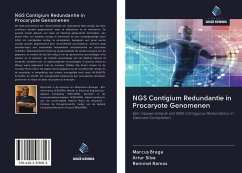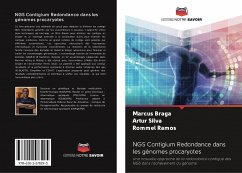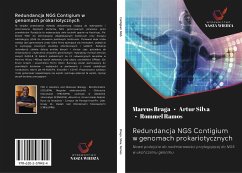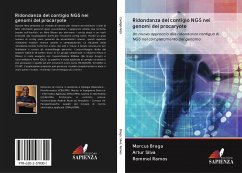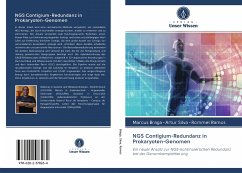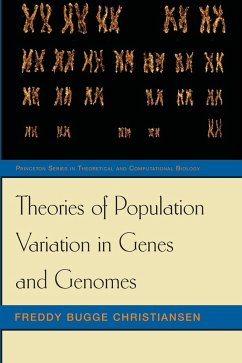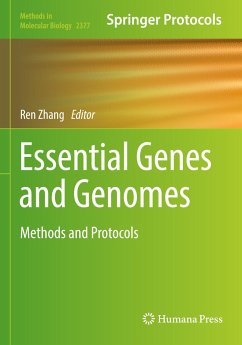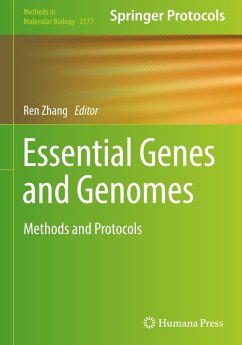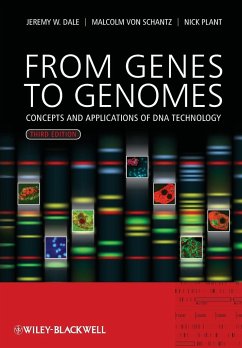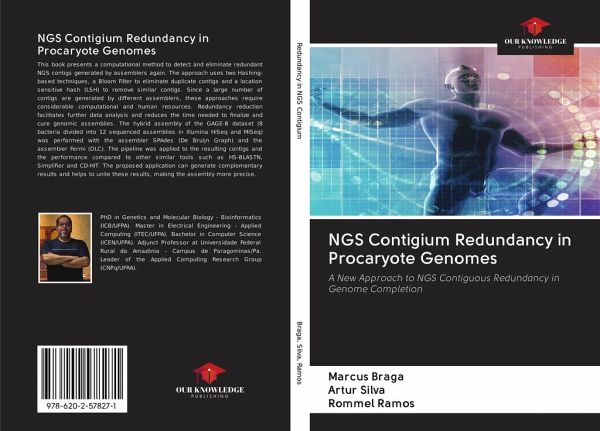
NGS Contigium Redundancy in Procaryote Genomes
A New Approach to NGS Contiguous Redundancy in Genome Completion
Versandkostenfrei!
Versandfertig in 1-2 Wochen
32,99 €
inkl. MwSt.

PAYBACK Punkte
16 °P sammeln!
This book presents a computational method to detect and eliminate redundant NGS contigs generated by assemblers again. The approach uses two Hashing-based techniques, a Bloom Filter to eliminate duplicate contigs and a location sensitive hash (LSH) to remove similar contigs. Since a large number of contigs are generated by different assemblers, these approaches require considerable computational and human resources. Redundancy reduction facilitates further data analysis and reduces the time needed to finalize and cure genomic assemblies. The hybrid assembly of the GAGE-B dataset (8 bacteria di...
This book presents a computational method to detect and eliminate redundant NGS contigs generated by assemblers again. The approach uses two Hashing-based techniques, a Bloom Filter to eliminate duplicate contigs and a location sensitive hash (LSH) to remove similar contigs. Since a large number of contigs are generated by different assemblers, these approaches require considerable computational and human resources. Redundancy reduction facilitates further data analysis and reduces the time needed to finalize and cure genomic assemblies. The hybrid assembly of the GAGE-B dataset (8 bacteria divided into 12 sequenced assemblies in Illumina HiSeq and MiSeq) was performed with the assembler SPAdes (De Bruijn Graph) and the assembler Fermi (OLC). The pipeline was applied to the resulting contigs and the performance compared to other similar tools such as HS-BLASTN, Simplifier and CD-HIT. The proposed application can generate complementary results and helps to unite these results, making the assembly more precise.



